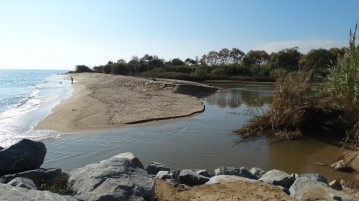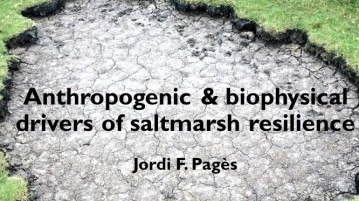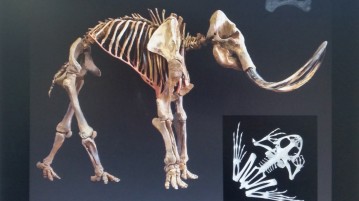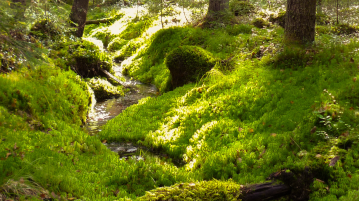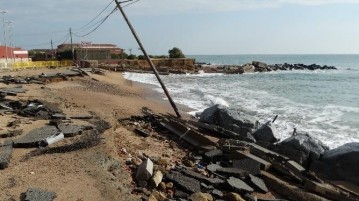Premiat per triplicat un dels treballs de recerca dirigits al CEAB
El treball de recerca de batxillerat de l’Eric Alegret Olivé de l’Institut S’Agulla de Blanes, titulat “Aproximació a la diversitat de microorganismes: Estudi fenotípic i genotípic del microbioma de conills salvatges com a via per a introduir-se al món de la Microbiologia”, ha rebut aquest any 2017 ni més ni menys que 3 primers premis: el 1r premi de les exposicions del pòster científic del Treball de Recerca per l’Ajuntament de Blanes (17 juny), el 1r premi Argó de la Universitat Autònoma de Barcelona (20 juny) i el 1r premi Cirit de la Universitat de Vic (22 juny). El treball va ser dirigit des del CEAB pels doctors Emilio O. Casamayor i Xavier Triadó.
→


